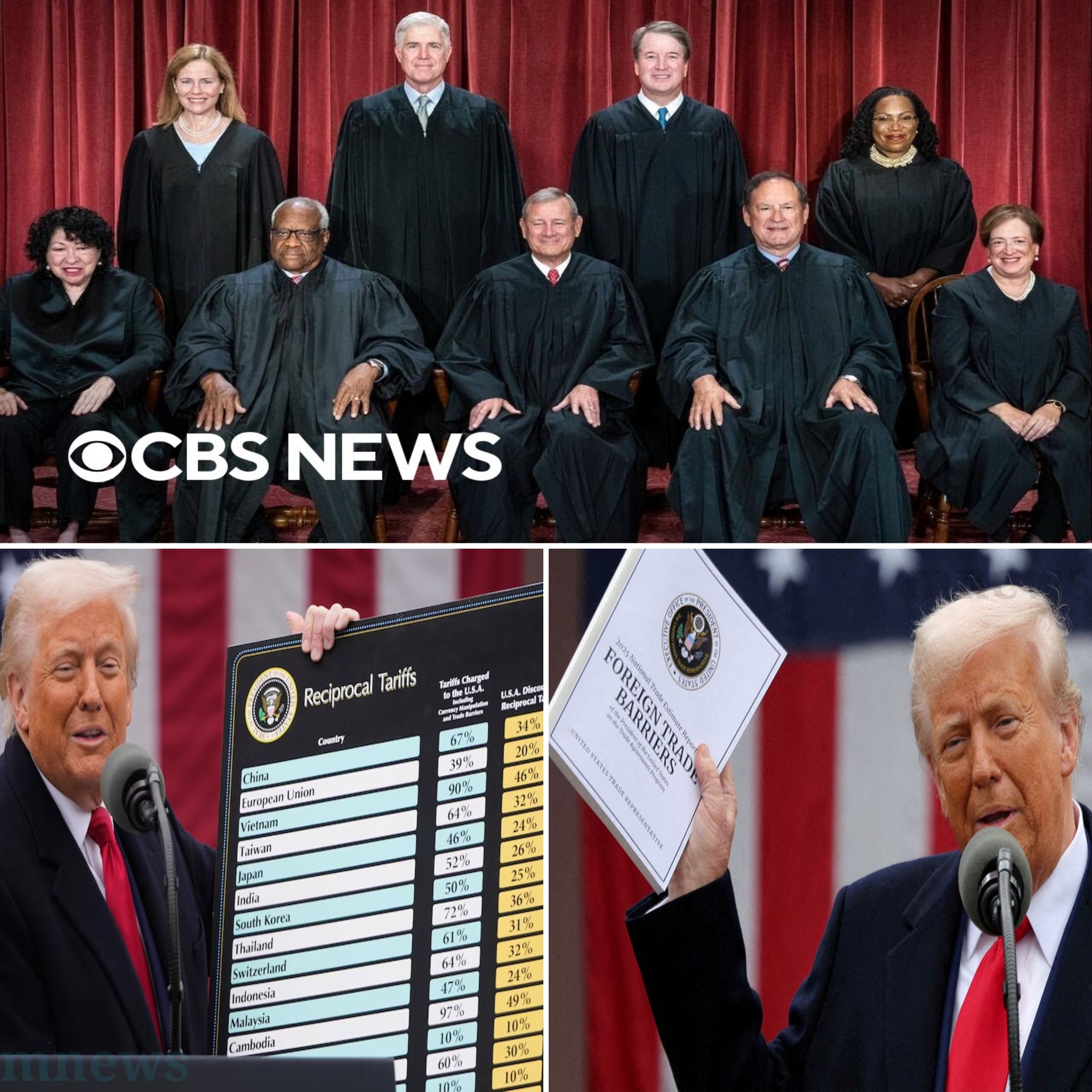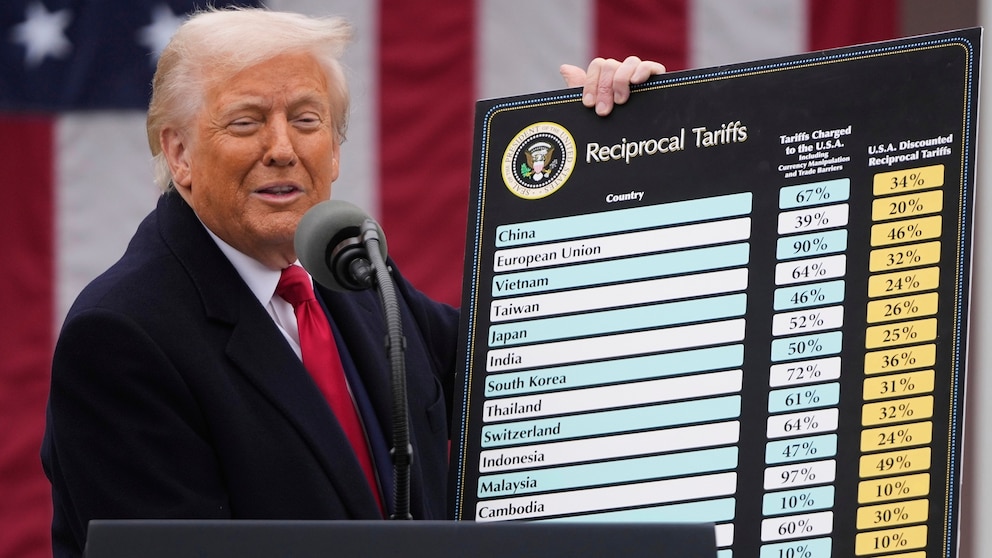The Supreme Court is at a pivotal crossroads, grappling with the Trump administration’s sweeping authority to impose tariffs on foreign nations, a case that could redefine the balance of power between the executive and legislative branches. As arguments unfold, the justices are pushing back against the administration’s claims, raising critical questions about the president’s power and the implications for American commerce.

Legal reporter Katrina Kaufman, reporting live from the Supreme Court, noted the palpable tension as John Sauer, representing the Trump administration, faced rigorous questioning from the justices. Justice Amy Coney Barrett, a staunch advocate for statutory interpretation, challenged Sauer to provide historical precedent for the president’s tariff authority, emphasizing the need for clarity in statutory language. This line of questioning reflects the court’s concern about maintaining congressional oversight over taxation and trade, a fundamental principle of American governance.
Sauer contended that the president possesses inherent authority over foreign affairs, arguing that the tariffs in question are regulatory, not revenue-generating. This assertion, however, clashes with President Trump’s own rhetoric, which frames tariffs as a means of boosting federal revenue. The inconsistency raises eyebrows among justices who are wary of granting expansive powers to the executive branch without explicit congressional authorization.

The case also invokes the major questions doctrine, which stipulates that significant economic or political rules cannot be established without clear congressional consent. The justices are clearly apprehensive about undermining Congress’s authority, and their probing suggests a reluctance to cede ground to the executive. The broader implications of this case could be monumental, potentially curtailing the president’s ability to impose tariffs unilaterally and restoring legislative power over trade policy.
As the arguments continue, the economic ramifications of the tariffs loom large. Business correspondent Erin Elmore highlighted that while the administration touts tariffs as beneficial for revenue, the reality for many businesses and consumers is starkly different. Economists predict that the burden of these tariffs largely falls on consumers and businesses, leading to higher prices and potential layoffs.
Should the Supreme Court rule against the administration, it could open the floodgates for businesses to seek refunds on tariffs paid, amounting to billions of dollars. This could provide much-needed relief for struggling companies and consumers, but the path forward remains fraught with uncertainty.

The stakes are high as the Supreme Court deliberates on this crucial issue. The outcome could reshape the landscape of American trade policy and redefine the limits of presidential power, making it a case to watch closely in the coming days.





